
Greetings to all. This blog is going to be a case study. It outlines the life and career of Hui Ka Yan, the founder of Evergrande, and his rise to becoming one of Asia’s wealthiest individuals, as well as the subsequent investigation and financial crisis facing Evergrande. The blog is organised into sections, including an introduction, details about Hui Ka Yan’s early life and career, the growth of Evergrande, its diversification, regulatory changes leading to its downfall, the investigation of Hui Ka Yan, and the potential connection to China’s Common Prosperity policy.
Introduction
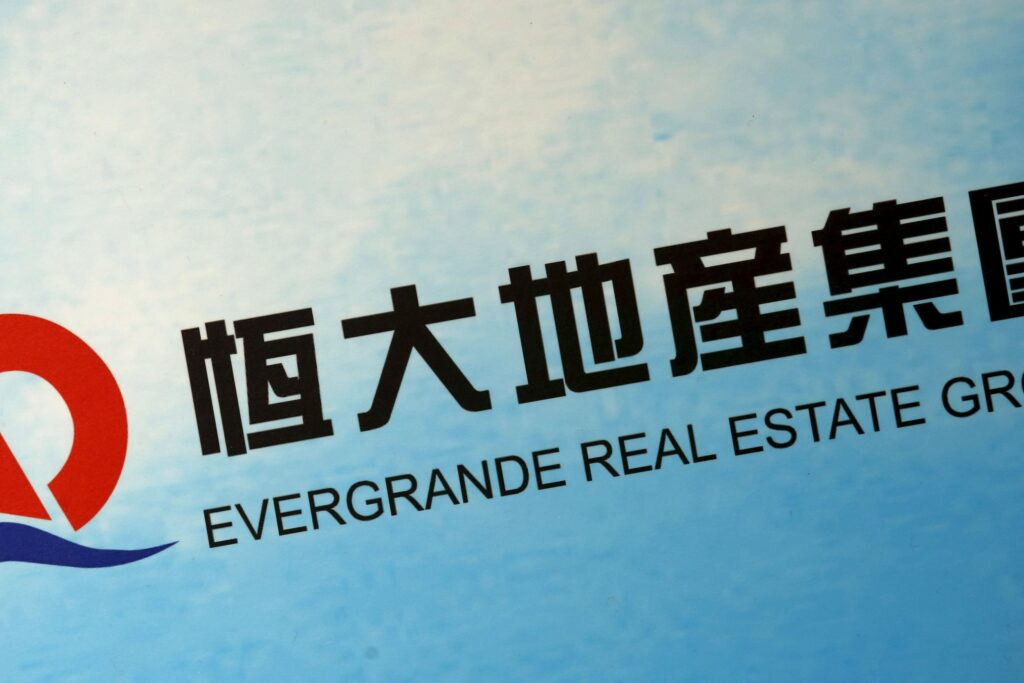
Hui Ka Yan, also known as Xu Jiayin, was the wealthiest person in Asia in 2017 with a stunning net worth of $42.5 billion. His journey to prosperity is a remarkable story of tenacity, ambition, and the Chinese economic boom. He was born into poverty during the turbulent era of China’s Great Leap Forward. Hui Ka Yan, meanwhile, is currently under investigation for alleged “illegal crimes” as his massive real estate business, Evergrande, battles a staggering $300 billion debt problem. This case study examines Hui Ka Yan’s life, career ascent, and fall, as well as its effects on China’s corporate environment and social structure.
Humble Beginnings and Early Life

In 1958, Hui Ka Yan was born in a small town in the heart of Henan province. His early years were difficult because of the massive starvation and misery brought on by China’s Great Leap Forward. Hui had to deal with the hard reality of life in rural China when his mother tragically passed away when he was just eight months old and was raised by his grandma.
Educational Pursuits and Early Career
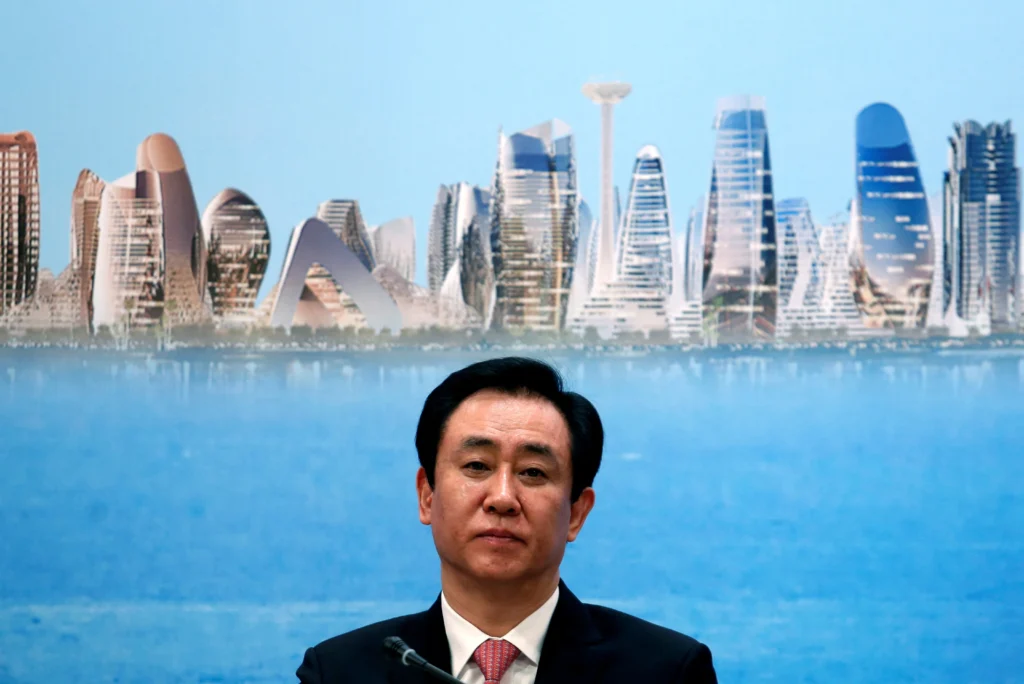
Despite these challenges, Hui pursued education with determination. He graduated from university in 1982 and initially worked as a steel technician. His career took a pivotal turn when he became a salesman for a property developer in Guangzhou, Southern China. This experience laid the foundation for his future endeavors.
The Birth of Evergrande:
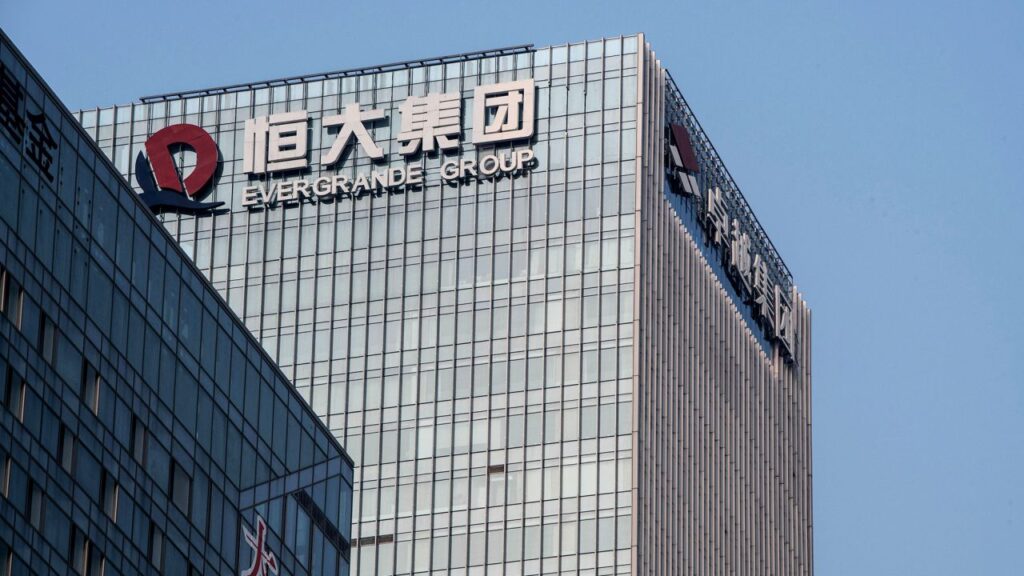
Hui Ka Yan started Evergrande in 1996, and it would go on to become one of the most significant real estate companies in China. Evergrande’s quick expansion was supported by significant borrowing during China’s economic boom, which created the conditions for explosive growth. Influential real estate tycoons in Hong Kong supported Hui’s unusual strategy, which was characterised by “maximum leverage,” which fueled the company’s expansion.
Diversification and Business Empire
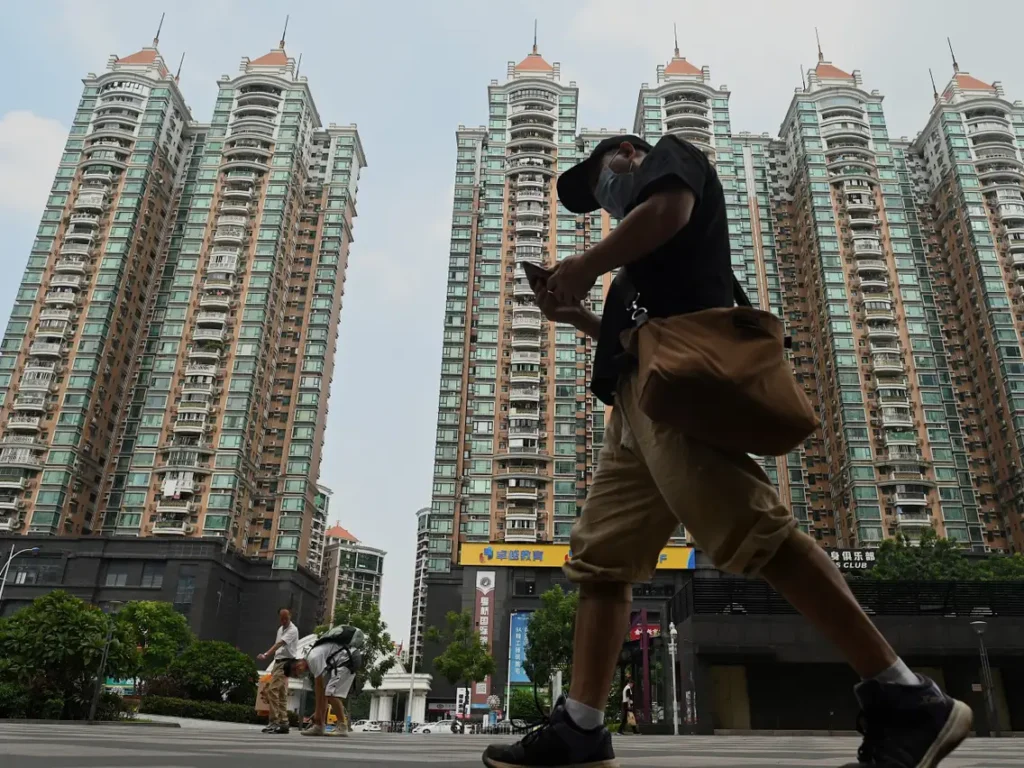
Evergrande’s reach extended beyond real estate, diversifying into wealth management, electric car manufacturing, and food and drink production. The company even acquired a majority stake in Guangzhou FC, formerly China’s top football team, showcasing Hui’s penchant for ambitious ventures.
Regulatory Changes and Downfall
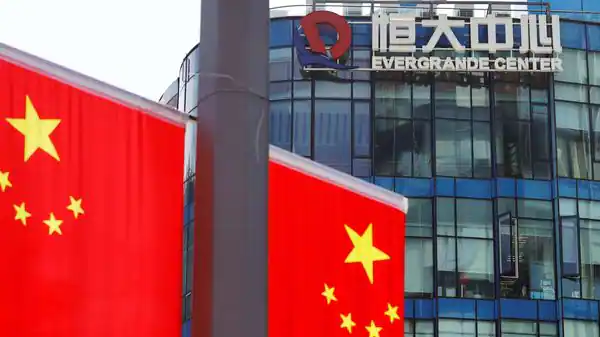
In 2020, Beijing introduced new regulations to control the debt levels of major real estate developers, including Evergrande. The stringent measures forced Evergrande to offer substantial discounts on its properties to stave off financial collapse. Despite these efforts, Evergrande struggled to meet its colossal debts, leading to a staggering 99% decline in its stock market valuation and a drastic reduction in Hui Ka Yan’s fortune.
Investigation and Common Prosperity Policy

As Evergrande’s crisis unfolded, Hui Ka Yan faced investigations by Chinese authorities. Some experts suggest a connection between this scrutiny and President Xi Jinping’s Common Prosperity policy, which aims to tackle income inequality. Hui’s flamboyant lifestyle and public display of wealth made him a symbol of extreme affluence, potentially drawing attention in line with President Xi’s objectives.
Conclusion
The story of Hui Ka Yan’s ascent and collapse is a compelling one that reflects China’s economic development. His journey, from modest beginnings to the top of fortune, served as a metaphor for the opportunities made possible by China’s rapid economic development. However, the perilous state of Evergrande and the inquiry into its founder highlight the difficulties and hurdles that China’s economic elite must overcome. The fate of Hui Ka Yan and Evergrande serves as a stinging reminder of the changing dynamics inside China’s commercial sector and society as the nation navigates its economic future.
If you liked this reading, and want to read more of our handcrafted blog posts, visit our Blog page.
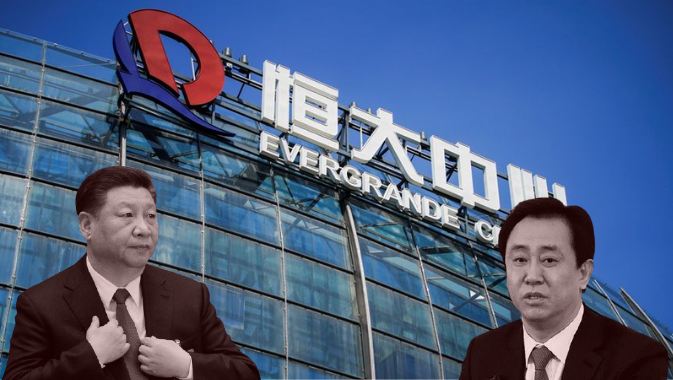
No responses yet